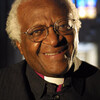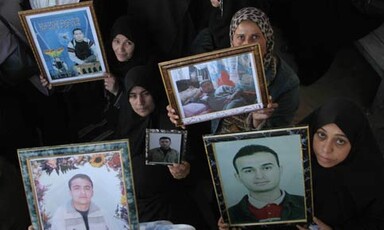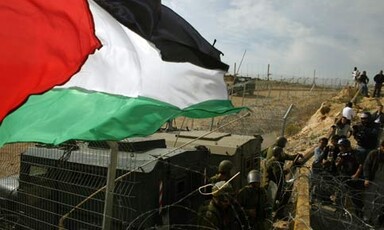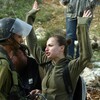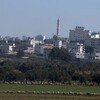
Israeli high court approves apartheid wall in Bir Nabalah
26 November 2006
The High Court approved the plan to run a barrier around five Palestinian villages northwest of Jerusalem , and imprison them in an enclave that will separate them from East Jerusalem and neighboring Palestinian villages. The five villages in the enclave are Beit Hanina al-Balad (1,400 residents), Bir Nabala (6,100), al-Jib (4,600), al-Judeira (2,100), and Qalandiya (1,200), which have a total population of more than 15,000 persons (hereafter: the Bir Nabala enclave). 9 high court justices approved the route of the barrier in the area, and ruled that imprisoning the villages in an enclave does not cause disproportionate harm to their residents. Read more about Israeli high court approves apartheid wall in Bir Nabalah
